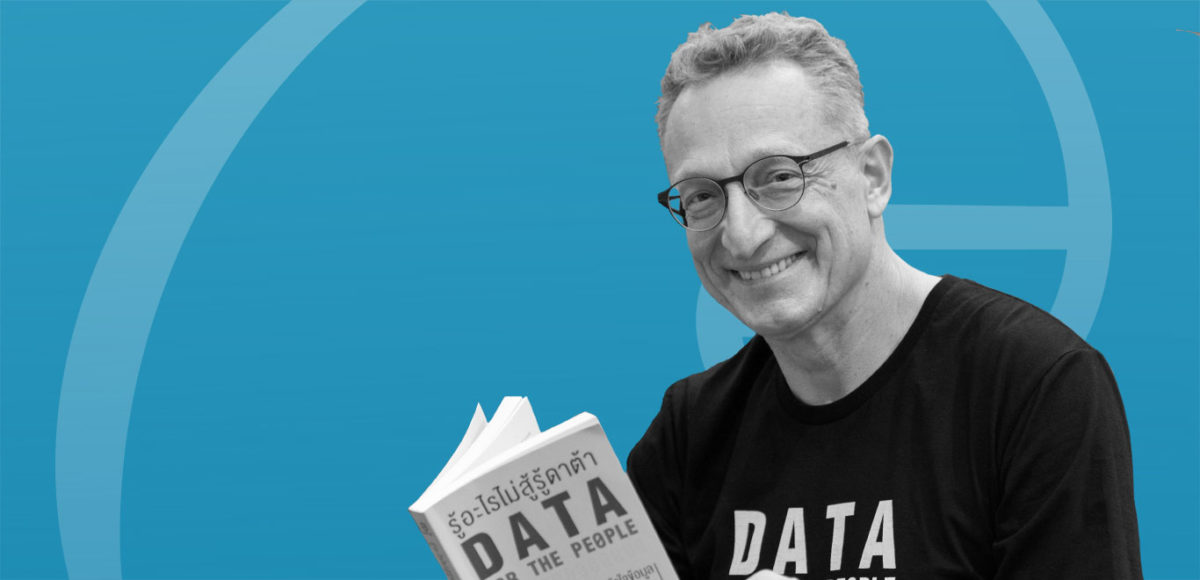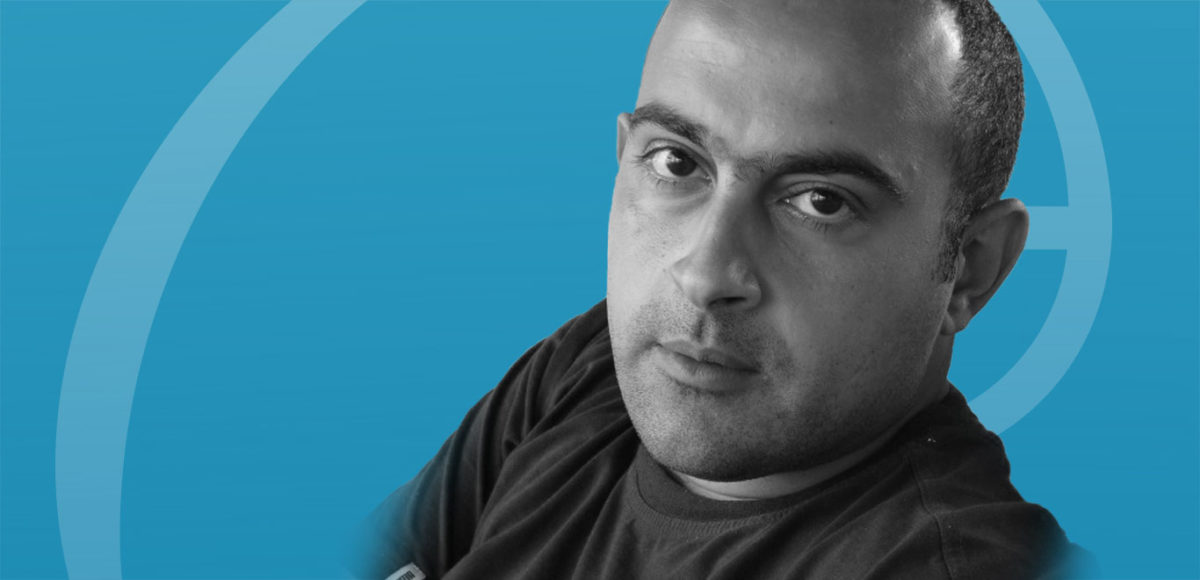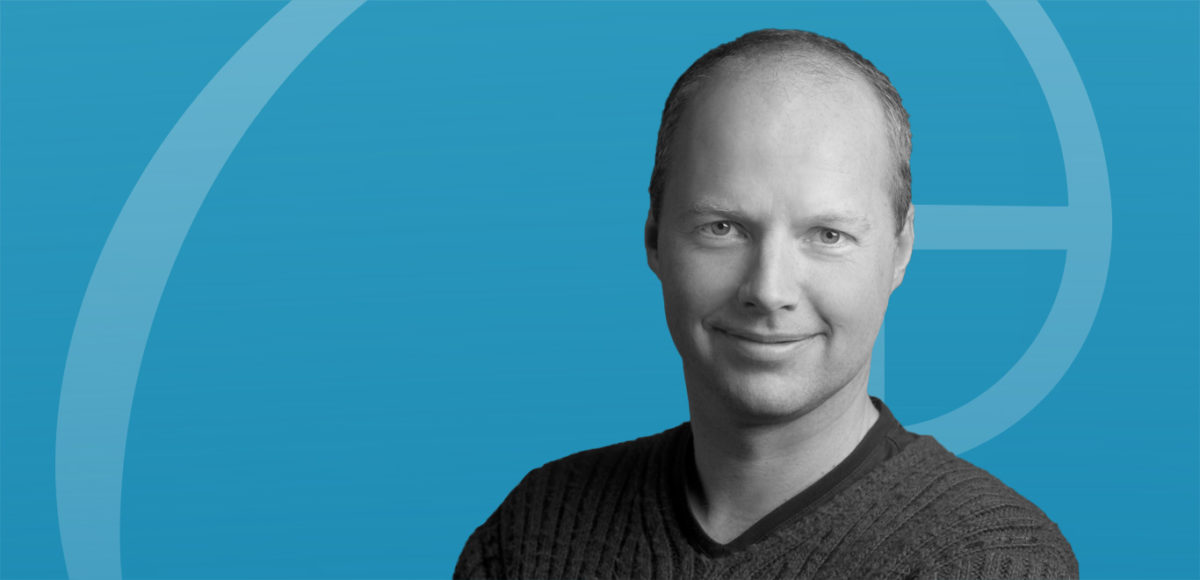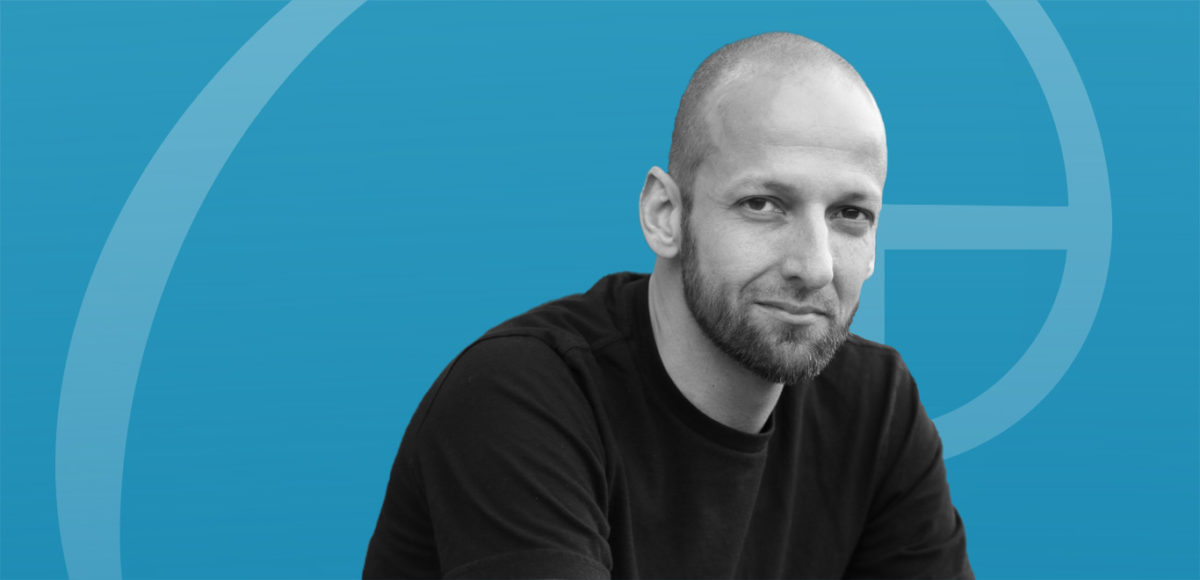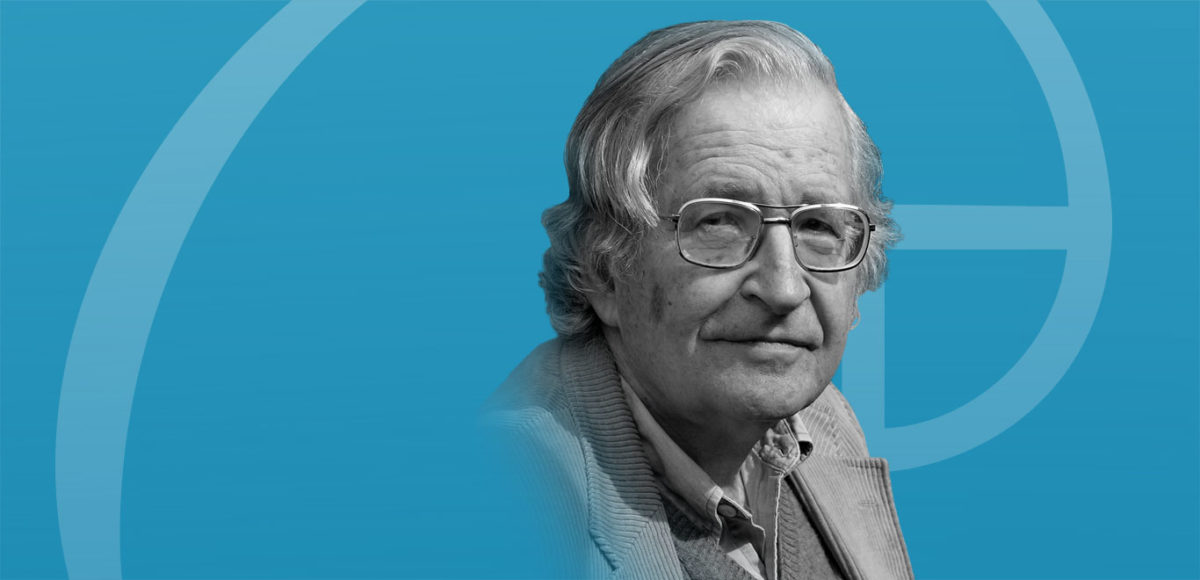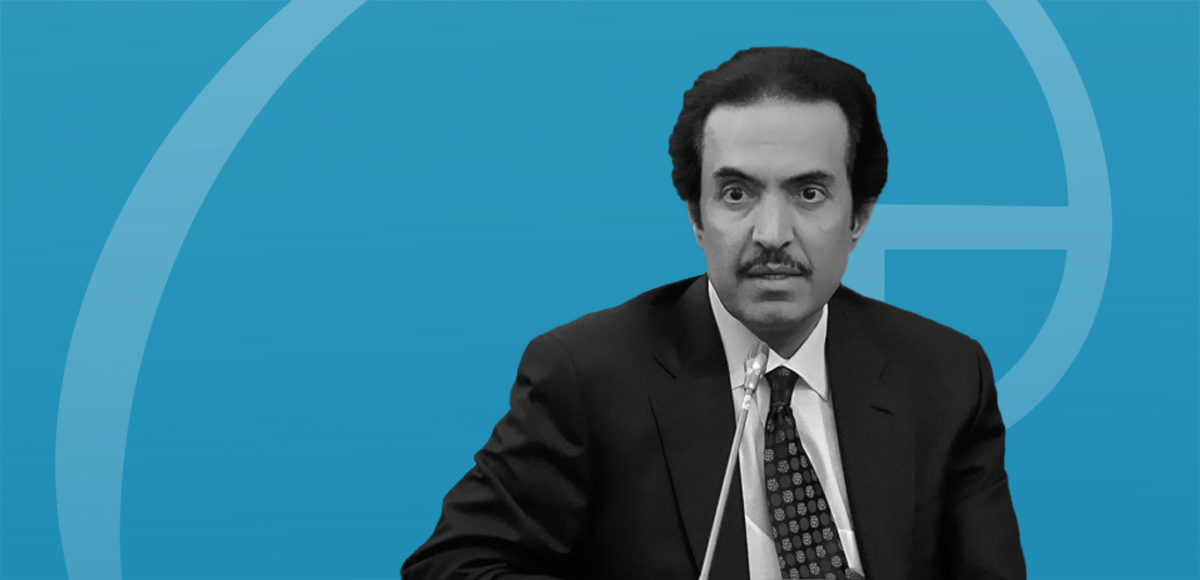Interview with Andreas Weigend, former Chief Scientist of Amazon.com, author of Data for the People
Alexander Görlach: Andreas, in the past you were Chief Scientist at Amazon, so I’m sure you were active in the “backend” to find the technological possibilities, everything we understand as “algorithms” and “AI” today. Looking back and towards the future, what has changed – is it good, bad? Where are we going?
Andreas Weigend: So, what has changed? Jeff Bezos always says: To only look at what is changing is not enough. You also need to look at what isn’t changing. As a physicist, I’m always interested in the invariances, the things that don’t change. What hasn’t changed is that the value of data is still the influence that data has on decision-making. That’s how it was 50 years ago, and it will still be like that in 50 years.
Secondly, what hasn’t changed is that we still don’t really know what we mean when we say “we have to own our data”. What has not changed for me is that the value of data is the impact that data has on decisions. What has changed, of course, is the breadth of decisions that are affected by data.
Now, ten years is both a short time and a long time. It’s a long time when you think about ten years ago when we barely had Facebook or Twitter. But ten years is a short time when you think about how we have changed and the way we make decisions.
I am skeptical of people who say that technology has not changed anything, or that it does not matter to them. Technology has fundamentally changed how we do things and has also fundamentally changed what we do. Technology has had an impact on work, the future of work, how we perform and define work. We need to actively think about that as opposed to saying that technology does not affect this; everything is affected by technology.
Alexander Görlach: This has always been the case, of course, technology is the advancer of society. Things such as the printing press disrupted the political order.
I am skeptical of people who say that technology has not changed anything, or that it does not matter to them. Technology has fundamentally changed how we do things and has also fundamentally changed what we do.
Andreas Weigend: I have a wonderful friend, Daniel Bauer, who researched political science at Stanford. His theory is that only the death of people will cause a paradigm shift. When quantum mechanics was theorized, it was very clear to people that the only way it will really be established is by the people dying who don’t believe in it. Now everyone believes it, but it was not an easy struggle.
We had our EU elections recently. There were many ridiculous answers that all the traditional parties had, and Annegret Kramp-Karrenbauer trying to discredit Fridays for Future. It made me think that rather than facing the realities in regards to our lack of progress fighting climate change. It’s fascinating how the established parties missed the boat, but I am very happy to find out that 61% of Germany’s voting population showed up to the polls.
In 1970’s Germany, we had two things going on: one was the environment, the other was people blowing up other people.
Alexander Görlach: I see a parallel to these times happening again now. We are seeing some people embrace change faster than others and we are headed into another period of violence.
So, what has changed? Jeff Bezos always says: To only look at what is changing is not enough. You also need to look at what isn’t changing.
Andreas Weigend: Now that many things have been declassified from the late ’70s/80’s, did the physicists not know the dangers of nuclear power? My father was a physicist and really believed in nuclear power.
One of the learnings as a physicist is that an important part of the model is what is not part of the model. Or, if you want to see it as an economist, what are the externalities? That’s a discussion which may be in many cases too complex and needs to be simplified.

 | Technology, AI and ethics.
| Technology, AI and ethics.

